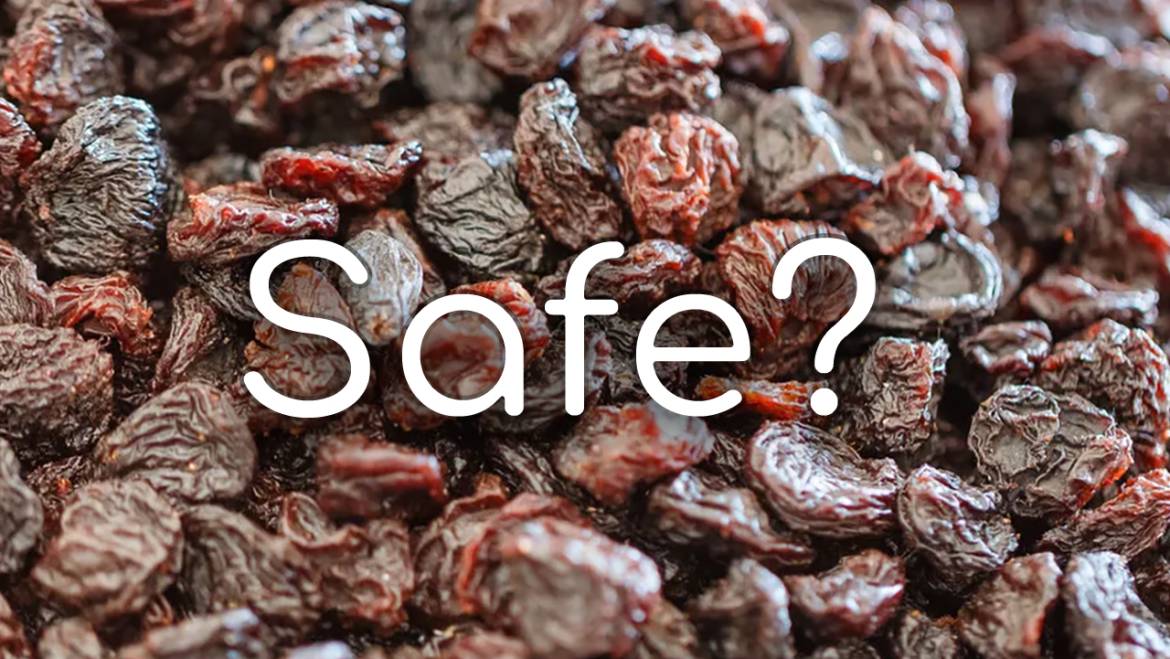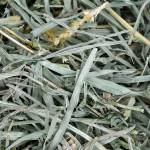Chinchillas are adorable and playful little creatures that require a balanced and nutritious diet to stay healthy. But when it comes to feeding your chinchilla, not all foods are created equal. One popular snack that many chinchilla owners wonder about is raisins. Are raisins safe for chinchillas to eat? In this article, we’ll explore everything you need to know about feeding your chinchilla raisins, including the potential benefits and risks, as well as other important dietary considerations.
What Are Raisins?
Raisins are dried grapes that are commonly used in baking, cooking, and snacking. They are small, chewy, and sweet, making them a popular treat for both humans and pets. Raisins are a good source of fiber, vitamins, and minerals, but they are also high in sugar and calories. This means that while raisins can provide some nutritional benefits, they should be consumed in moderation, especially by small animals like chinchillas.
Can Chinchillas Eat Raisins?
The short answer is that chinchillas can eat raisins, but only in very small quantities. Raisins are not toxic to chinchillas, but they are high in sugar and can cause digestive problems if given in excess. Chinchillas have delicate digestive systems, and foods that are high in sugar and fat can cause diarrhea, bloating, and other digestive issues. Therefore, it’s important to give raisins to your chinchilla as an occasional treat, and not as a regular part of their diet.
Benefits of Raisins for Chinchillas
While raisins should be given to chinchillas in moderation, they can provide some nutritional benefits. Raisins are a good source of fiber, which can help regulate your chinchilla’s digestion and prevent constipation. They also contain vitamins and minerals, including iron, potassium, and vitamin B6, which can help support your chinchilla’s overall health. However, it’s important to note that raisins are not a necessary part of your chinchilla’s diet, and can be replaced with other healthy snacks and treats.
Risks of Raisins for Chinchillas
The main risk of feeding raisins to your chinchilla is the high sugar content. Chinchillas are prone to digestive problems, and foods that are high in sugar and fat can cause diarrhea, bloating, and other issues. In addition, raisins are sticky and can get stuck in your chinchilla’s teeth, which can lead to dental problems if not addressed promptly. If you decide to give your chinchilla raisins, be sure to do so in moderation and monitor their digestive health closely.
Other Dietary Considerations for Chinchillas
In addition to raisins, there are several other dietary considerations to keep in mind when feeding your chinchilla. Chinchillas require a diet that is high in fiber and low in fat and sugar. Their diet should consist mainly of hay and pellets, with occasional fresh fruits and vegetables as treats. It’s important to avoid feeding your chinchilla foods that are high in fat, such as nuts and seeds, as well as foods that are high in sugar, like candy and chocolate. These foods can cause digestive problems and weight gain, which can lead to serious health issues.
It’s also important to provide your chinchilla with plenty of fresh water at all times. Chinchillas are prone to dehydration, so it’s essential to make sure that they have access to clean water throughout the day. You should also provide your chinchilla with a clean and spacious cage, as well as plenty of opportunities for exercise and playtime.
If you have any concerns about your chinchilla’s diet or health, it’s important to consult with a veterinarian who specializes in chinchillas. They can provide you with guidance on the best foods and feeding practices for your chinchilla, as well as help you identify any potential health issues that may arise.
In conclusion, chinchillas can eat raisins, but only in very small quantities. Raisins can provide some nutritional benefits, but they are also high in sugar and can cause digestive problems if given in excess. When feeding your chinchilla raisins, it’s important to do so in moderation and monitor their digestive health closely. In addition to raisins, it’s important to provide your chinchilla with a diet that is high in fiber and low in fat and sugar, as well as plenty of fresh water and exercise. By following these guidelines, you can help ensure that your chinchilla stays happy, healthy, and well-nourished.







